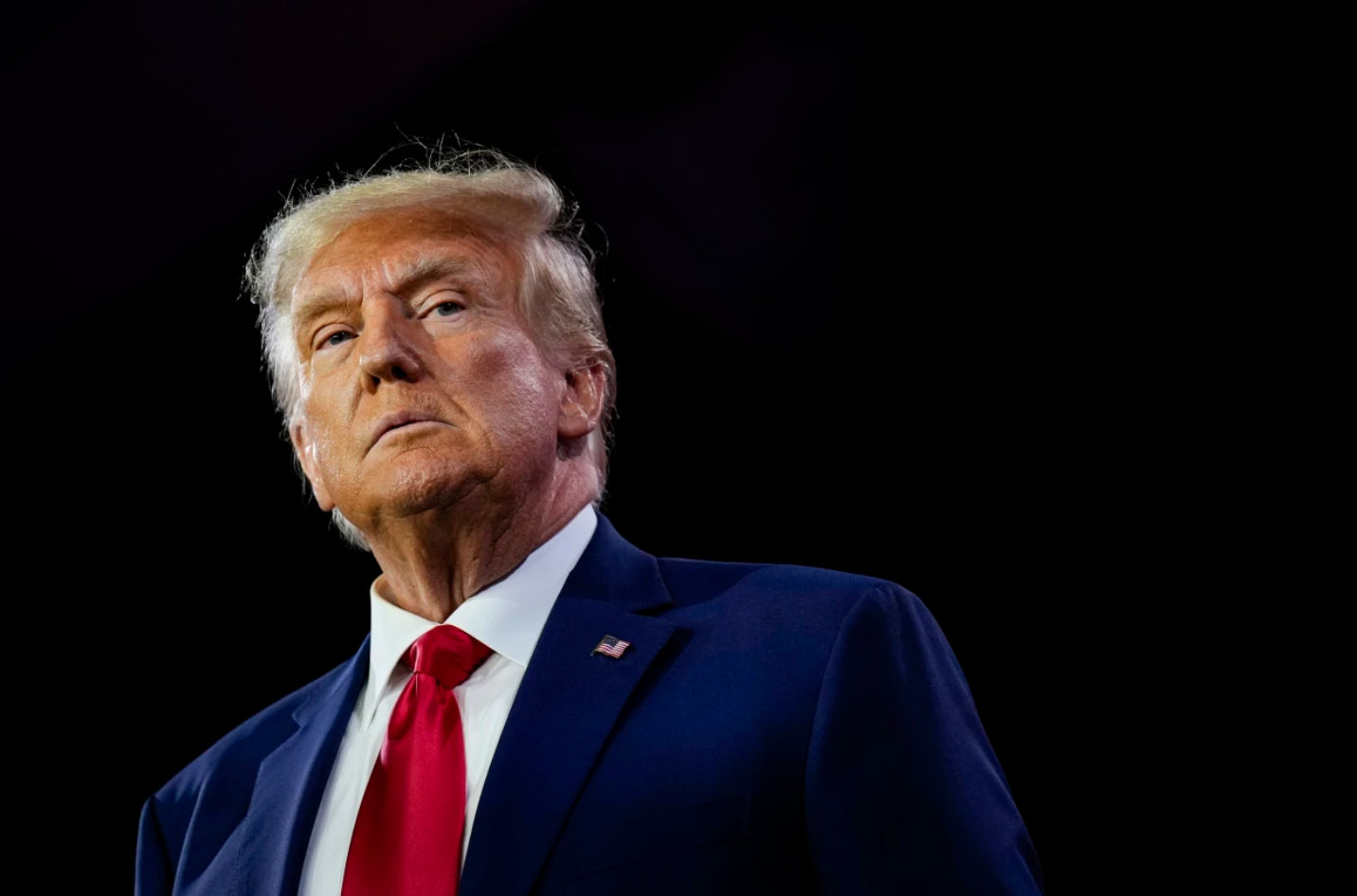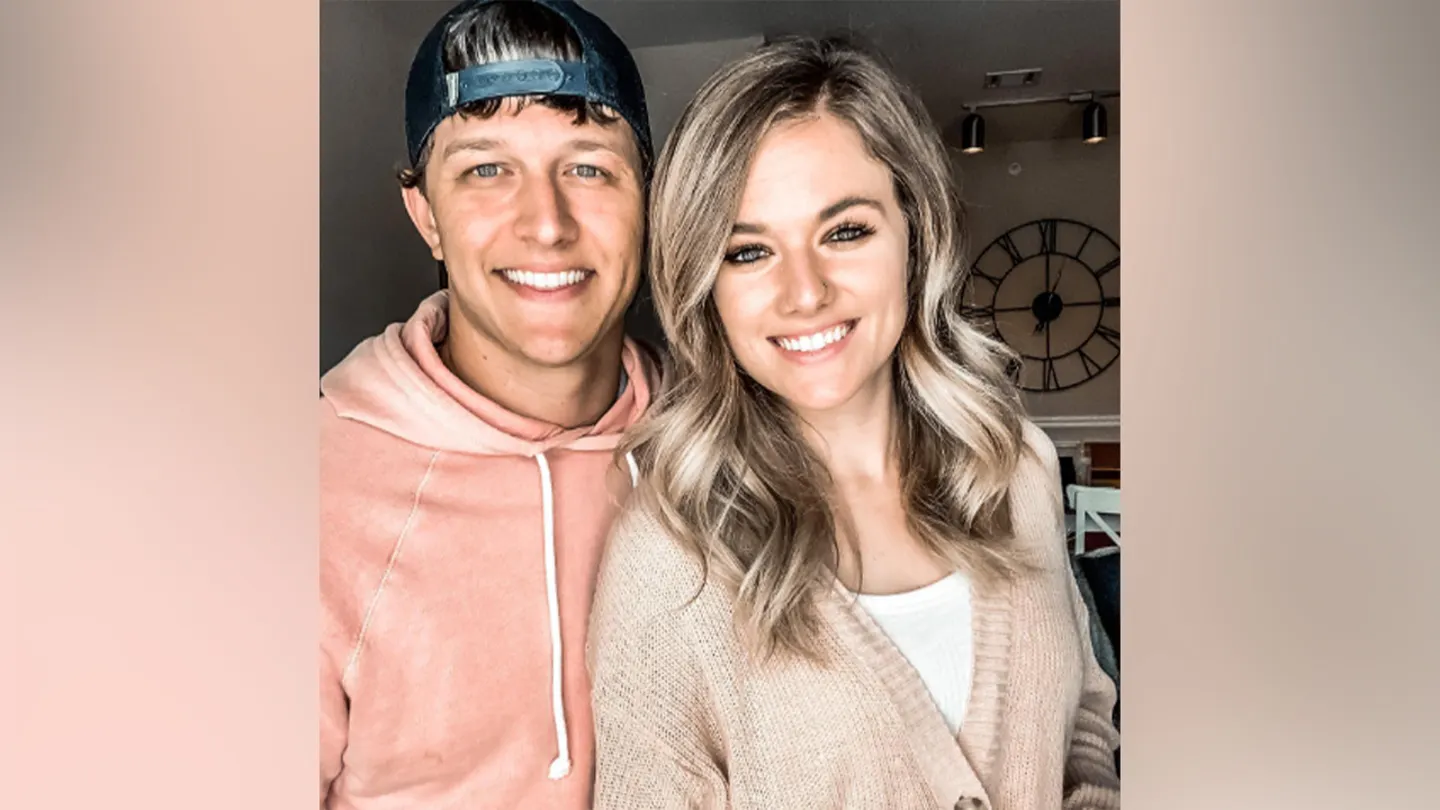Prospects are dimming for former President Donald Trump in his effort to move a hush-money payments case from state court over to a federal venue.
U.S. District Court Judge Alvin Hellerstein on Tuesday indicated he was likely to rule against Trump’s bid to relocate the criminal case against him to a federal courthouse.
Hellerstein repeatedly expressed skepticism of the argument put forth by Trump’s attorney: that the 2017 hush-money related claims he was indicted on this year related to his role as president.
“It is very clear that the act for which the president has been indicted does not relate to anything under the color of his office,” Hellerstein told attorneys for Trump and the Manhattan District Attorney’s Office during a hearing that lasted about two-and-a-half hours.
The judge said he would issue a ruling on the matter in the next two weeks.
Trump pleaded not guilty in state criminal court in April to 34 felony counts of falsifying business records related to his alleged role in hush money payments toward the end of his 2016 presidential campaign.
In court filings, prosecutors said Trump “repeatedly and fraudulently falsified New York business records to conceal criminal conduct that hid damaging information from the voting public during the 2016 presidential election.”
The conduct Trump is accused of covering up included a $130,000 payment his then-lawyer Michael Cohen made to adult film star Stormy Daniels in the closing days of the campaign to keep quiet about an alleged affair with Trump.
Cohen has said he made the payment at Trump’s direction, and Trump had acknowledged repaying Cohen through payments that were labeled as legal expenses. Trump has denied having an affair with Daniels.
In their federal court filings, Trump’s lawyers contended their client had only hired Cohen to “handle his personal affairs” because he’d been elected president, so his actions relating to Cohen were “connected or associated” to his official duties.
Matthew Colangelo of the DA’s office on Tuesday told the judge that Trump’s argument about the payments having a tie-in to his presidential duties should be dismissed.
“By definition, writing personal checks, even if he is in the Oval Office, is not an official act,” Colangelo said during the hearing at federal courthouse in Manhattan.
Hellerstein seemed to agree with Colangelo, saying near the end of the hearing that it appeared “Michael Cohen was hired as a private matter by a public official for a private matter, to take care of private matters.”
Trump’s lawyers argue that a change in jurisdiction to federal court — which would potentially open up additional defenses to Trump — is necessary in part because the case is “politically motivated.”
Manhattan District Attorney Alvin Bragg’s office “made the decision to wrongfully prosecute President Trump for lawful conduct that took place while the President was in office,” Trump attorney Todd Blanche and Susan Necheles argued in a filing ahead of Tuesday’s hearing.
The DA’s office has denied that characterization, saying Trump was charged in state court because he broke state law.
Prosecutors also knocked Trump’s presidential immunity arguments in court filings.
“Nothing about this conduct touches, relates to, has a nexus or causal connection between, is associated with, or has any other connection to any official responsibility or authority of the President,” one of their filings said.
They added that “no presidential duty or responsibility obligated defendant to have Cohen make the $130,000 payment to an adult film actress in October 2016, to agree to reimburse Cohen for that payment before his inauguration in January 2017, and then to make regular payments in 2017 to satisfy his pre-existing and pre-presidential debt.”
Hellerstein, 89, is presiding over the dispute after both sides agreed they did not have an issue with him despite the fact that he performed legal work for a Trump entity, Trump Equitable Fifth Avenue, in the 1990’s while he was in private practice.
He was appointed to the bench in 1998 by then-President Bill Clinton.
The matter was originally assigned to U.S. District Judge Ronnie Abrams, but she recused herself because her husband Greg Andres investigated ties between the Trump 2016 campaign and Russia.
The district attorney’s indictment of Trump was the first ever against a former president. Trump has since been charged in a separate case in Florida on 37 federal felony counts related to his alleged mishandling of classified documents, including willful retention of national defense information, making false statements and representations, and conspiracy to obstruct justice.
He pleaded not guilty in that case earlier this month.




